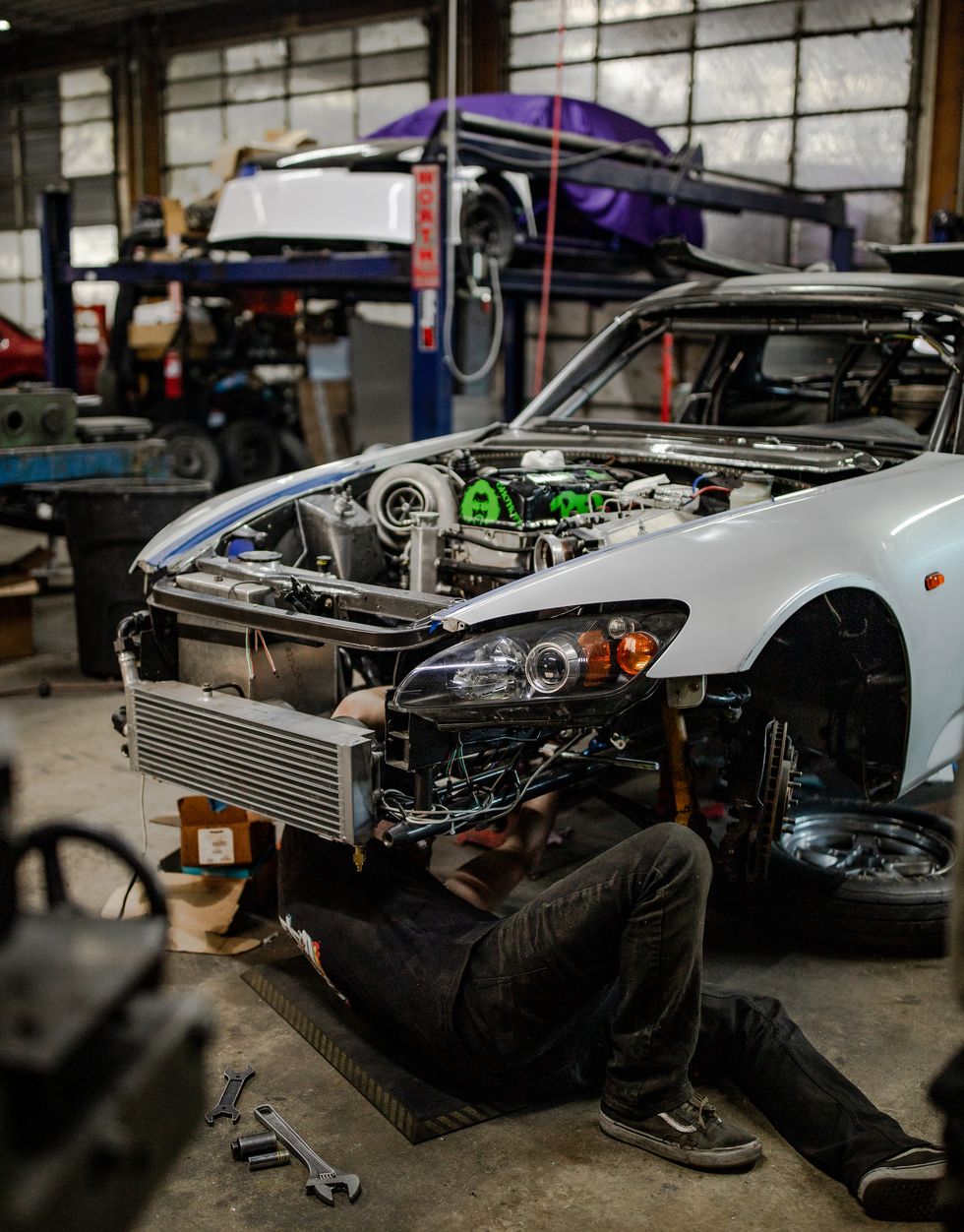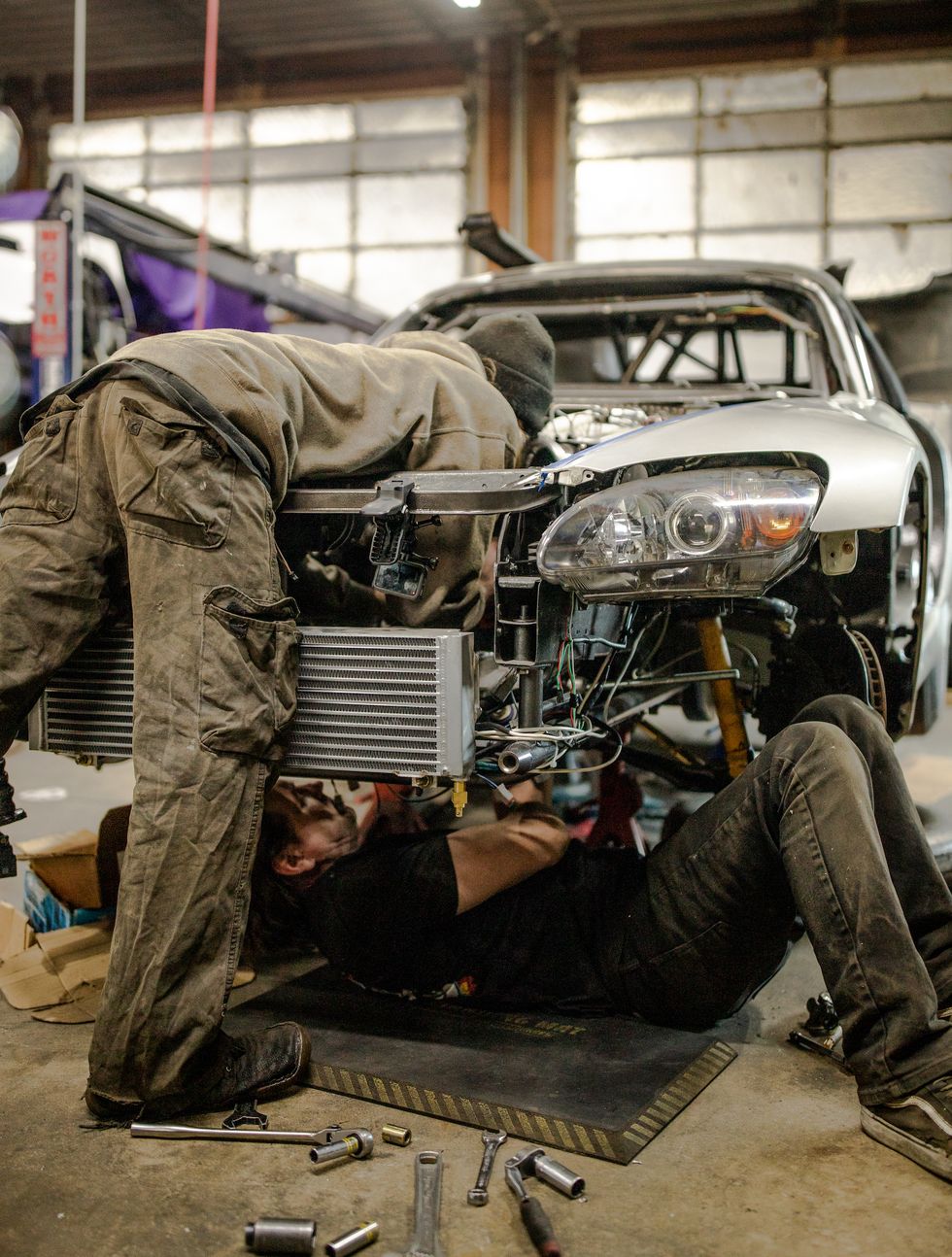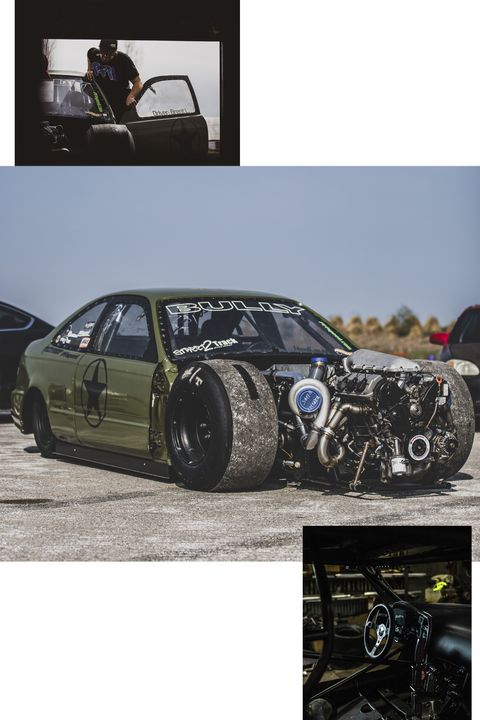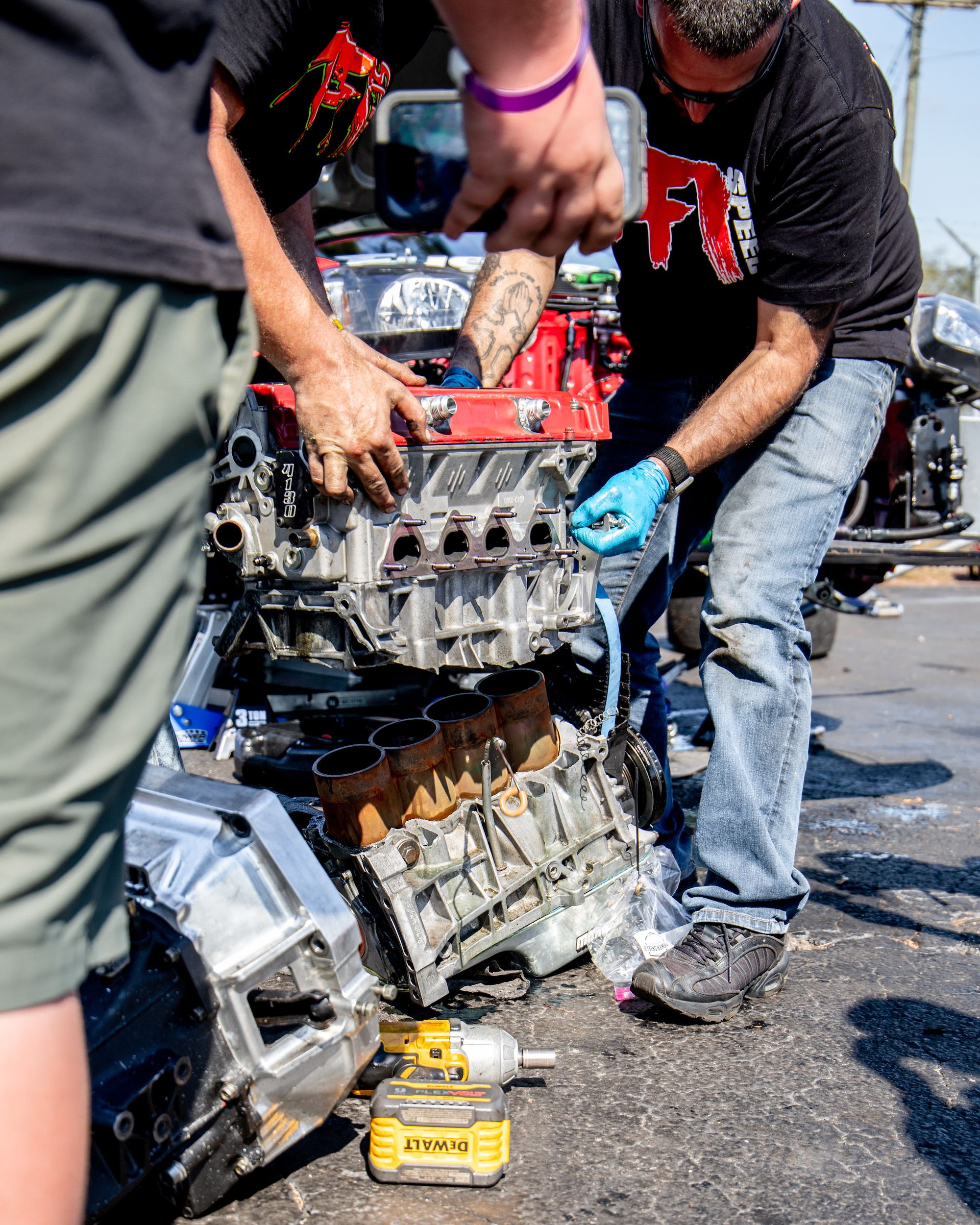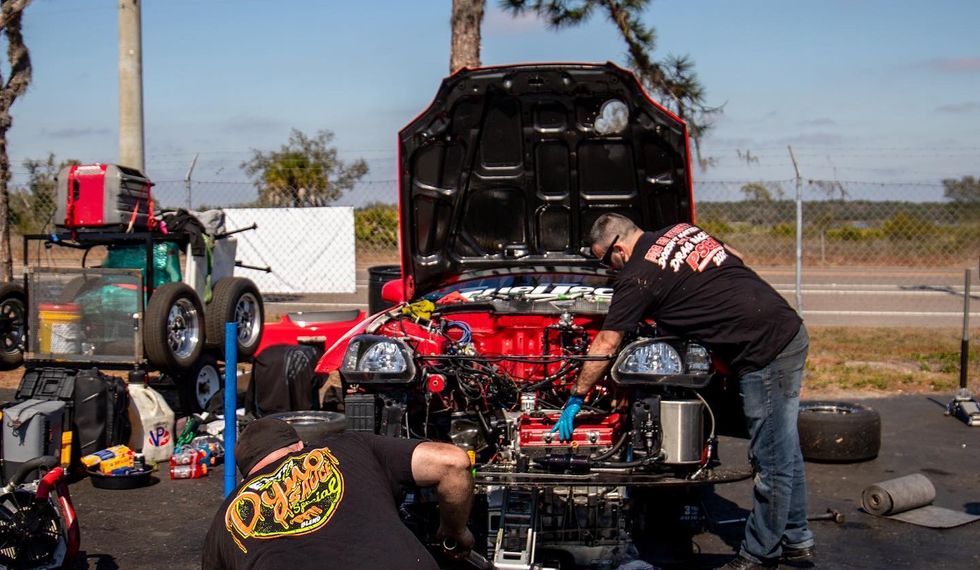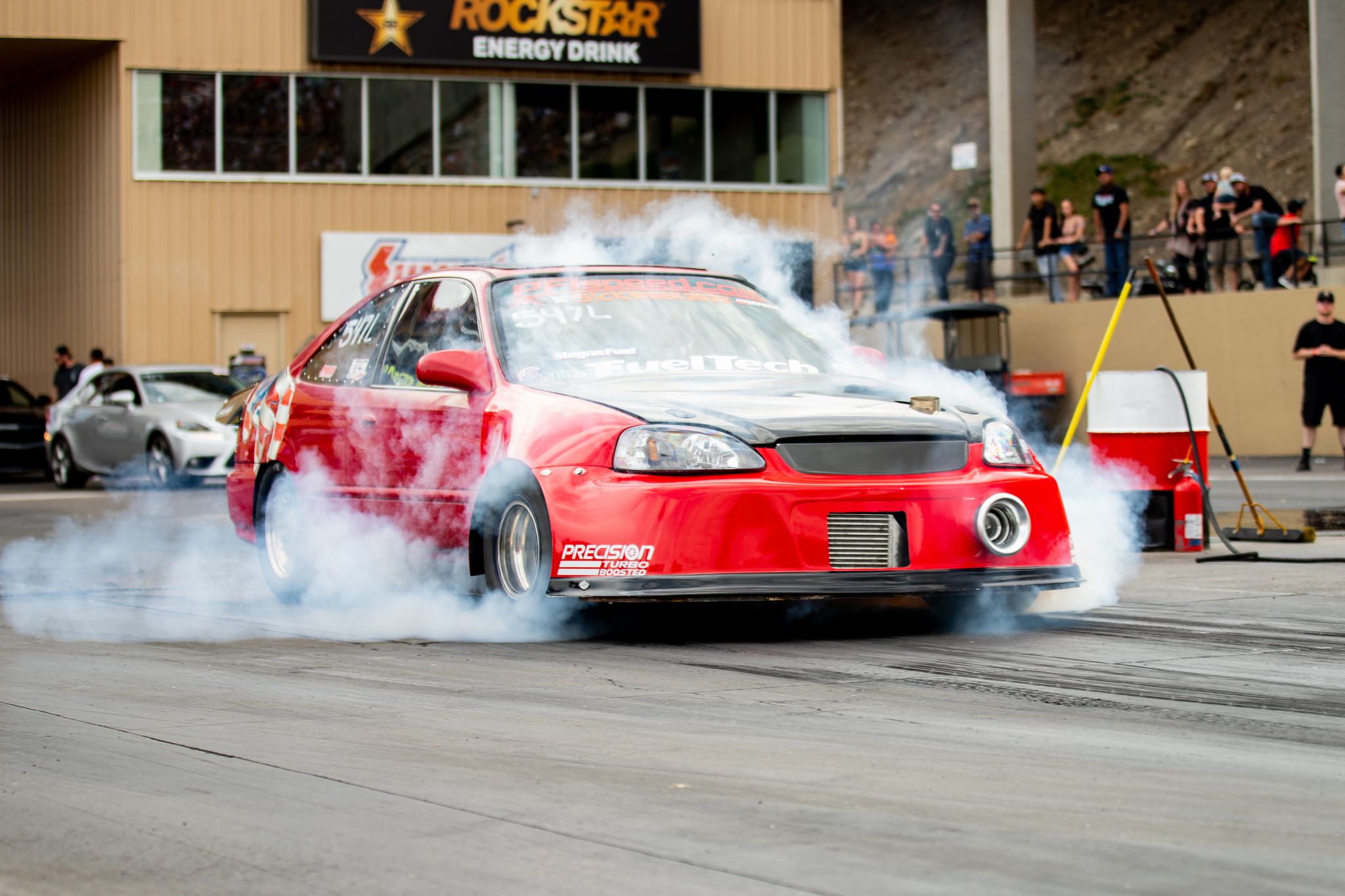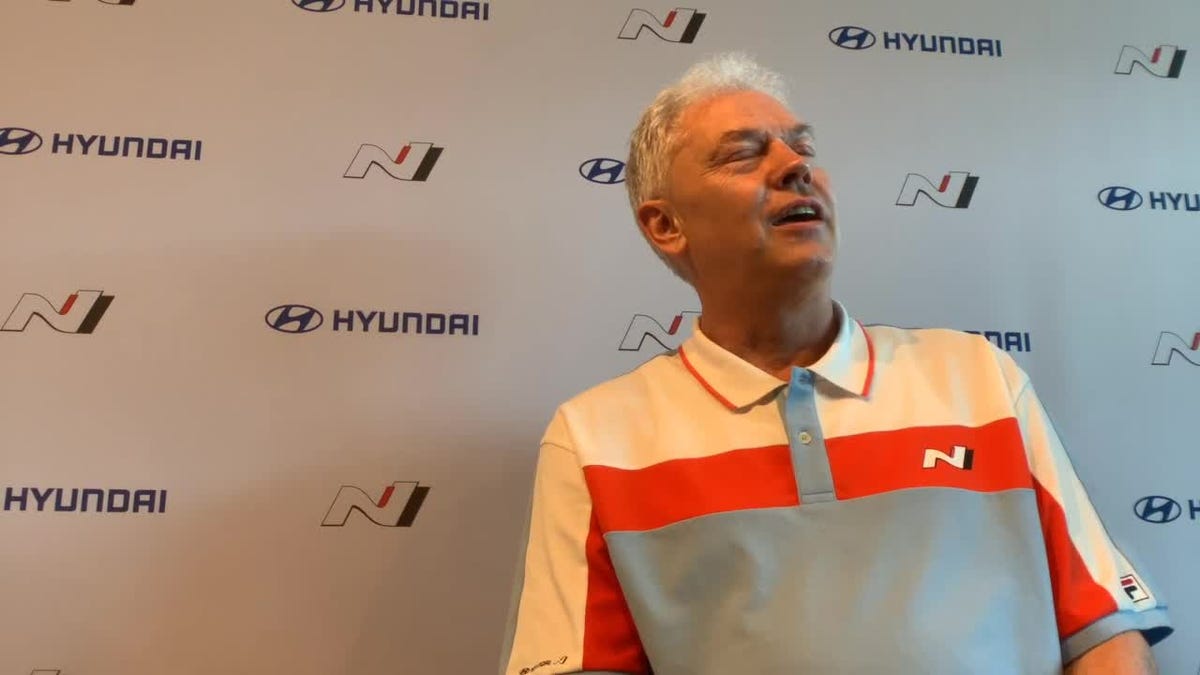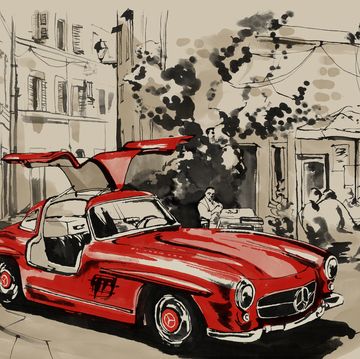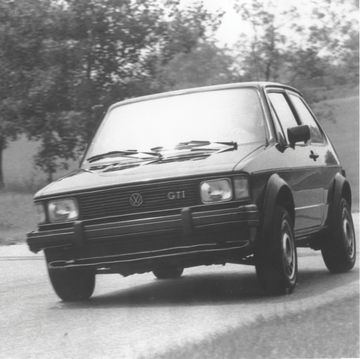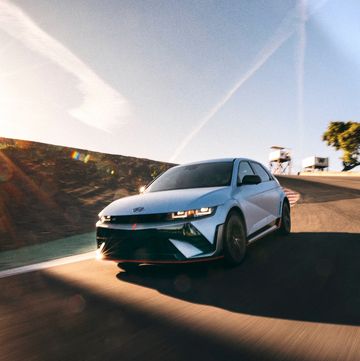The EPA has been flexing its might against the automotive aftermarket as of late. Just this year we’ve seen massive changes to the product lines of major tuning companies, with the EPA bringing huge fines against sellers, even levying criminal charges against aftermarket part suppliers. In order to get a better understanding of what these EPA lawsuits related to the Clean Air Act are like from inside a shop facing down the government agency, R&T sat down with PFI Speed founder Brent Leivestad.
PFI Speed is a tuning shop in Frederick, Colorado. Leivestad started the venture back in 1995, at which point it was known as Parts Finder International. In the early days, Leivestad served as a parts locator, searching junkyards for valuable JDM parts. He had found himself enthralled by the interchangeability of the Honda components, which allowed for budget-friendly modification across platforms. After building a hot-rod Honda CRX of his own, Leivestad started to put together cars for other enthusiasts during the week, heading to California every weekend to reserve dyno time. After realizing this workflow would be too expensive to maintain in the long run, Leivestad purchased his own dyno and PFI Speed was born. Today, PFI Speed is a well-respected name in the Honda community, but you may also know Brent and the shop from their popular YouTube channel.
Back in December 2020, Leivestad was on a trip to California to help finalize a tune for fellow YouTuber Emilia Hartford’s K-24-swapped Toyota Prius. While trying to get the turbocharged hatch to run correctly, Leivestad received a worrying call from the shop back in Colorado. PFI Speed had been issued a letter from the EPA, which requested information about all of the builds PFI Speed had done, as well as details related to every part sold by the team. The agency made it clear there were no alternatives to complying with this request should PFI Speed wish to remain in legal operation.
“When we first got the letter, I honestly thought this was just part of some overview process,” Leivestad told R&T. “Being in business, there is always some sort of thing that someone needs from you. Whether it is the county or the state, there is always someone who wants something from you. I just thought it was another one of those things. I thought that they were auditing the world to figure out what is what, trying to get a handle on things. I didn’t think about the Clean Air Act, I didn’t think that anything I was doing was wrong. I kinda went into everything blind.”
As part of the request, the EPA required PFI Speed to turn over an extensive list of documents. Photos and contact information related to each of the builds and their respective owners, lists of every part installed on said builds, names of distributors and retailers utilized to purchase those parts, as well as lists of parts sold with client information attached were all requested. Having previously dealt with the EPA in the early 2000s without contrition, Leivestad and his team went to work compiling the data without serious concern.
“All of the different documentation that they wanted literally took us months to put together,” Leivestad said. “It truly took so much time that it is unbelievable. My case wasn’t even that big, I can’t even imagine what it is like for some of these other shops where there are hundreds of builds.”
Leivestad further noted that PFI Speed did not receive any follow-up with the EPA for over six months after the shop turned over the documents. When they did eventually hear back from the EPA the following June, the message didn’t come with good news.
“Just before Race Week 2021, I was hit with the fine, which totaled $18,000 for selling the Hondata S300 product through our shop,” Leivestad said. “The notice informed us that we were to pay the fine within 30 days, or the figure would jump to $180,000. If I agreed to pay the fine right away, I had to sign a letter that clearly stated that I would no longer modify cars beyond that date. I physically couldn’t do it anymore. That just wasn’t an option for me.”
The Hondata S300 is a popular plug-in OBD1 ECU for Honda products that features a ton of aftermarket friendly features, like support for forced induction, ethanol sensor capabilities, and CAN output. While designed for off-road applications in Civics, Integras and Preludes from the 1990s and early 2000s, there were popular OBD2 conversions available for this part. That opened up the range of vehicles that could utilize these products, which ultimately saw more of these units end up on street cars. The EPA’s enforcement initiatives make it clear the agency won’t tolerate shops willing to allow these sorts of parts to find their way on the street.
Leivestad and PFI Speed ultimately refused to pay the initial fine or sign the notice, opting instead to seek the guidance of legal counsel.
“It was like an audit at first, but it became a cease and desist type situation,” Leivestad said. “I don’t believe that I’ve done anything wrong. All of the products that the EPA dinged me for in the case, I was able to prove were for cars that were exclusively going to the track.”
In order to prove to the EPA that the vehicles in question were exclusively for competition use, Leivestad told R&T that the cars needed to be immediately identifiable as racing vehicles. That included the presence of a full roll-cage, non-DOT compliant rubber, an absence of road registration, and a dedicated trailer for transportation. Once this information was provided by the shop and respective owners, the EPA was more amenable to PFI Speed’s work, though not entirely accepting of it. A new round of document requests shortly followed.
“They came back to me earlier this year with a facility investigation wanting access to all of my tunes,” said Leivestad. “That request also included a more detailed list of some of the other parts we sell, such as FuelTech and Haltech hardware, as well as the necessary details to verify where those parts ended up. I cooperated with that once again and turned over all my stuff. I’m in a pattern right now of waiting to see what they say.”
“The Clean Air Act does not contain any exemption from the tampering and defeat device prohibitions for motor vehicles used in competition,” an EPA spokesperson told R&T. “However, EPA does not seek to stop the decades-old practice of converting certified production vehicles to competition vehicles that are to be used solely for sanctioned events. In the Clean Air Act’s 50-year history, EPA, in its discretion, has never taken an enforcement action against any person for converting his or her vehicle into a dedicated race car, and EPA has no intention to do so in the future under this longstanding enforcement policy.”
The agency went on to confirm that if a parts company is able to prove its products are used exclusively for competitive motorsports, the EPA will not engage in an enforcement action against them. That said, the agency maintains that no particular information is conclusive on its own, and that the totality of the circumstances will be considered when excursion enforcement discretion against an aftermarket shop.
Leivestad notes that this situation has him growingly worried about the aftermarket’s viability moving forward. Two of Brent’s sons currently work with their dad at PFI Speed, and had every intention of taking over the business in the future. That is something Leivestad now sees as unlikely at this point.
“Since the letter came through the mail, we literally turn away any vehicle that we have to plug into with an OBD2 port,” Leivestad told R&T. “We don’t take anything street car related, not even if you just want us to read it. Everything must be towed into the shop and towed out. Everything is on dedicated ECUs, and we’re not doing one single thing outside that.”
There is some frustration on Leivestad’s part as far as the larger tuning companies are concerned. As we saw earlier this year, companies like Cobb Tuning are actively removing components from their catalogs in an effort to avoid similar lawsuits or fines. Despite the sheer number of parts that come out of those companies, Leivestad believes the EPA has targeted small shops for a specific reason.
“I don’t understand why some of the larger companies aren’t diving in to help, as they have the same bullseye on them,” said Leivestad. “The EPA was smart in its decision to go after small shops like ours, as we are the support network for those companies. We essentially do tech support, and we’re the guys who figure out how to make all of this stuff actually work. They went after the small companies first because we can’t afford the attorneys to fight a federal agency. We raised some money to fight with our YouTube videos, but I’m already past that. They’ll bury me in the attorney fees. If anything else kills the business, it is going to be that.”
The EPA’s website hosts a collection of case resolutions related to Clean Air Act violations dating back to 2005. Since the agency’s clarification of the competition exemption in 2016, there’s been an increase in cases against individual tuning shops. While a large portion of the offending shops primarily worked on diesel vehicles, PFI Speed isn’t alone in its experience on the gasoline side of the aftermarket. Evans Tuning was also fined for selling the same Hondata ECUs as PFI Speed, landing a $4223 reduced settlement payment of its own. PSI Performance was given a reduced settlement of $5438 for selling other engine management systems, including those from industry-giant Cobb Tuning. Weistec Engineering was fined $8500 for removing catalytic converters from vehicle exhaust systems and writing the necessary tunes for those mods. VMP Tuning was fined $60,000 for their Ford Mustang builds, while More Power Tuning was fined $100,025 for selling engine tuners for a variety of Ford and GM products.
Hope isn’t entirely lost at PFI Speed however. Working with the Bandimere Speedway and the sanctioning body PSCA, Leivestad has created a local racing series consisting of cars built by his team. Prepping, servicing and maintaining these machines for the PFI Speed Pro Import Series, as well as producing more video content is how Leivestad plans to keep PFI Speed moving into the future. That said, the tuner still hopes to see some additional clarification added to the Clean Air Act for people like himself inside the automotive aftermarket. Like others in the business, Leivestad wants more information about what defines a competition vehicle, what shops have to do to receive those exemptions, and whether or not they’ll be able to operate legitimate business moving forward.
“There are a lot of people out there who don’t realize what other shops are going through, or they simply don’t want to recognize the impact that could eventually come to their own door,” said Leivestad. “It still feels like sometimes I am screaming on deaf ears. I see people online asking for help tuning setups, and other people will straight up list names of tuners as opposed to direct messaging or something. That’s just a gallery for the EPA to look through and take note of who to look out for next.”
While not the EPA directly, we’ve already seen environmental agencies at the state level utilize the tactics highlighted by Leivestad. As R&T first reported in July, New Jersey DEP agents are allegedly using for-sale listings to locate vehicles outside the scope of emissions compliance. The state requires these vehicles to be repaired or scrapped, issuing fines and fix-it tickets to individual owners. Resident Mike Sebold told R&T that he was even threatened with potential jail time by an assigned DEP agent. The agency was unwilling to confirm to R&T that this interaction didn’t take place.
For now, PFI Speed is still waiting for the results of their recent facility inspection. The shop’s current legal battle doesn’t appear to be wrapping up anytime soon, though Leivestad isn’t deterred by the wait. Like many other aftermarket tuning shops, PFI Speed is ultimately a family business that Leivestad wants to hold on to. Whether or not that’s a viable option is going to come down to the EPA’s interpretation of the Clean Air Act. Based on everything happening in the industry, the EPA doesn’t appear ready to change its mind.
Born and raised in Metro Detroit, associate editor Lucas Bell has spent his entire life surrounded by the automotive industry. He may daily drive an aging Mustang, but his Porsche 944 and NB Miata both take up most of his free time.

